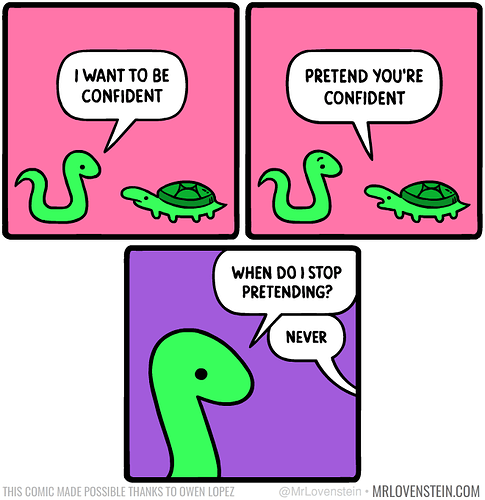So, let’s talk mental game.
How do you folks deal with wanting a certain result and managing your emotions in pursuit of it?
I find that I need to spend a week or so convincing myself that I can “do” it when my sector results and optimals come in line.
I have to get to the point where the results are almost on autopilot to allow myself to land the lap. It’s like you know you can do something but you have to get out of your own way, mentally.
Anyone have a certain way of dealing with/ thinking about this?
Sorry for the wooly, philosophical question but it’s hugely relevant to what we do. Feel free to be as wierd and flakey as you want, answering. I won’t judge. 
I have no process for this. I know that when I start being ready, I have to endure a significant amount of “earning it”.
Earning it means landing a great sector and then folding under the significance of it in a subsequent sector. This continues until the “great sector” happens pretty consistently and I “forget” that I just did something special. This then allows me to hold my shit together a bit longer.
Am I just exceptionally neurotic or is everyone similar in terms of building speed?
(Edit: I suspect this isn’t a problem for the hugely experienced racers. I have noticed in my pal who is very accomplished that these pilots sort of see the track a bit differently. They appear to have a deep reservoir of previous turns they have experienced to draw from. They seem to get to the essential line quickly.)
